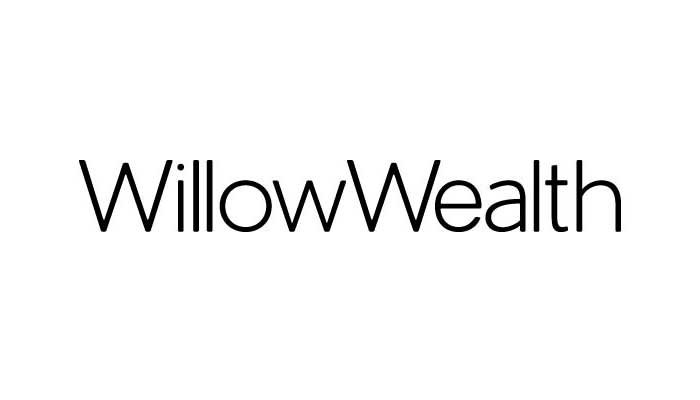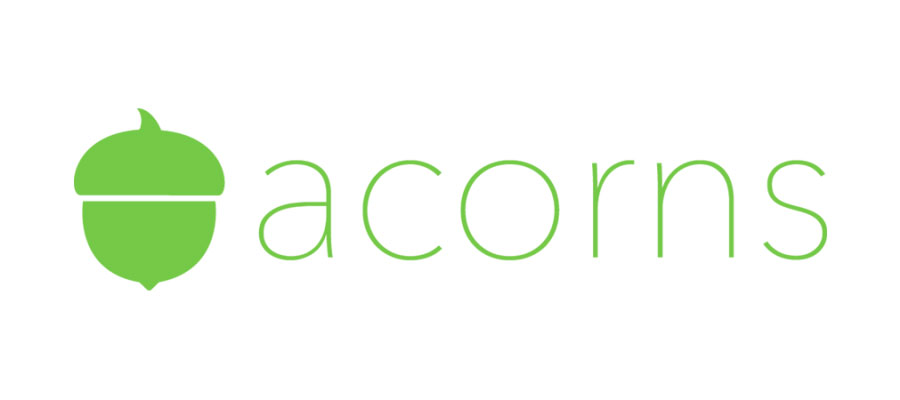Commission-free investing isn’t a novelty anymore, but Robinhood was the app that started the trend. It made stock trading more accessible and helped shift the entire brokerage industry. Now it’s offering retirement accounts, AI-powered insights, and even high-yield savings for Gold members.

But with more competition than ever, and some lingering questions about support, tools, and account types, is Robinhood still worth using in 2026?
This review covers what’s new, what’s missing, and how Robinhood stacks up for both new and experienced investors.
Key Features of Robinhood
Robinhood is a popular investing app that is built for fast, low-cost investing with a focus on simplicity. Whether you’re trading from your phone or desktop, the platform offers a streamlined experience that lowers the barrier to entry for new and casual investors.
Commission-Free Trading
Robinhood lets you trade stocks, options, exchange-traded funds (ETFs), and cryptocurrencies without paying any commission fees. This helps keep your costs low, especially if you’re trading frequently or starting with a small account.
Mobile-First Design
The app is clean and easy to use. It’s designed for fast check-ins, quick trades, and clear visuals, without burying users in technical data or complicated menus.
Extended-Hours Trading
You can place trades before the market opens and after it closes. Robinhood offers pre-market access from 7 a.m. ET and after-hours access until 8 p.m. ET, which gives you more flexibility to react to news and earnings reports.
Instant Deposits
When you transfer money into your Robinhood account, you get instant access to up to $1,000 without waiting for funds to settle. This lets you take advantage of price movements right away.
Dividend Reinvestment
Robinhood supports automatic dividend reinvestment, so your cash payouts are used to buy more shares of the same stock or ETF. This helps grow your portfolio without extra steps.
Fractional Shares
You can invest in fractional shares starting at just $1. This makes it easier to buy into high-priced stocks and diversify your portfolio, even if you’re starting small.
Robinhood Gold: Worth It?
Robinhood Gold is a $5 per month subscription that unlocks more advanced features for users who want deeper data, larger trades, or early access to new investment opportunities. It’s optional, but it adds tools that can be useful if you’re ready to go beyond the basics.
Margin Trading
Robinhood Gold gives you access to margin investing. This means you can borrow money from Robinhood to increase your buying power. While it can boost gains, it also increases risk and comes with interest charges on borrowed funds.
Morningstar Research
Subscribers get access to research reports from Morningstar, including detailed stock analysis, ratings, and financial data. This can help you make more informed decisions if you’re evaluating specific companies.
IPO Access
Robinhood Gold users can request shares of certain IPOs before they begin trading on public exchanges. This early access doesn’t guarantee allocation, but it offers a shot at getting in early on new listings.
Level II Market Data
With Gold, you can see more detailed pricing information through Level II quotes from Nasdaq TotalView. This shows real-time bids and asks across different price levels, giving more visibility into market activity.
Bigger Instant Deposits
While standard accounts get up to $1,000 in instant deposits, Robinhood Gold increases that limit based on your account balance. This means you can move larger amounts into trades right away without waiting for bank transfers to clear.
Robinhood Retirement and Automated Investing
Robinhood now offers retirement accounts and a new robo-advisory service, making it a more well-rounded platform for long-term investors. These updates mark a shift from short-term trading toward more comprehensive financial planning.
Robinhood Retirement
You can open a traditional or Roth IRA through Robinhood with no account fees. The standout feature is a 1% match on your annual contributions, which is rare among brokerages. You don’t need an employer to qualify, and the match is available even if you’re self-employed.
Robinhood Strategies
Robinhood Strategies is an automated investing tool that builds a portfolio of stocks and ETFs based on your goals and risk level. The service charges a 0.25% annual advisory fee, which is waived for Gold subscribers. It’s designed to compete with robo-advisors like Wealthfront and Betterment but with more flexibility and visibility.
High-Yield Savings and Robinhood Banking
Robinhood is building out its platform to go beyond investing. With high-yield savings for Gold members and a new banking product on the way, it’s aiming to become a full-service financial tool.
Gold Cash Sweep Account
Robinhood Gold members earn 3.25% APY on uninvested cash through the brokerage cash sweep program. Funds are automatically moved into a network of program banks and are FDIC-insured up to $2.5 million. There’s no cap on earnings, and cash stays accessible for investing or withdrawals at any time.
Robinhood Banking
Robinhood has begun rolling out its banking service for Gold subscribers. The offering includes checking-style features, a high-yield savings option with FDIC pass-through insurance through partner banks, and in select areas, physical cash delivery instead of ATM withdrawals.
Access is being released in stages, and availability and features may vary by location and account status.
Robinhood Cards and AI Tools
Robinhood is expanding into everyday spending and artificial intelligence, offering new tools designed to help you get more out of your money.
Debit and Credit Cards
Robinhood now offers debit and credit cards with built-in cashback rewards. These cards are linked to your brokerage account and let you earn while you spend. You can view your transactions and balances directly within the app, making it easier to track everything in one place.
Robinhood Cortex
Cortex is Robinhood’s new AI-powered tool that provides personalized trade insights based on your portfolio, market trends, and individual preferences. It’s designed to give real-time suggestions, highlight risks, and help you spot opportunities without digging through research reports.
Is Robinhood safe?
Robinhood uses industry-standard security measures to protect user accounts and personal information. All data is encrypted, and two-factor authentication is available for added protection.
Cash and securities in your brokerage account are covered by SIPC insurance, which protects up to $500,000, including up to $250,000 for cash. While SIPC doesn’t protect against market losses, it does offer a safety net in the event of broker failure.
Robinhood has made improvements in transparency and customer trust following past controversies, including outages and order flow practices. While it still receives some criticism for limited customer support, the platform has taken steps to improve reliability and communication with users.
Who should use Robinhood?
Robinhood is best for investors who want an easy, low-cost way to manage their own portfolio. It’s ideal for beginners, casual investors, or anyone who wants to trade stocks, ETFs, crypto, or options without paying commissions.
If you’re looking for retirement accounts, automated investing, or higher-yield savings, Robinhood now has those features too—especially for Gold members. The platform works well for those who value convenience, fast execution, and a mobile-first experience.
That said, Robinhood may not be the right fit if you need in-depth research tools, a wide range of account types, or responsive customer support. Investors with complex strategies or long-term financial planning goals may prefer a more traditional brokerage.
Robinhood vs. Competitors
Robinhood has expanded its features, but it still serves a different type of investor than more traditional or research-heavy platforms. Here’s how it stacks up against some popular alternatives:
- Webull – A commission-free platform that caters more to active traders. Webull offers advanced charting tools, technical indicators, and extended trading hours. It’s a better fit for users who want more control over trade execution and data without paying extra fees.
- Public – Similar to Robinhood in terms of zero-commission trading but includes more community features and lets users invest in alternative assets like collectibles. It’s ideal for those who want transparency and a social element to investing.
- Fidelity – Offers a wider range of account types, including 401(k)s, HSAs, and custodial accounts. It also provides stronger research tools, access to mutual funds and bonds, and full-service customer support.
Robinhood wins on simplicity, speed, and access to features like crypto, instant deposits, and early IPO investing. But if you need more account types or advanced tools, other brokerage platforms may be a better fit.
Final Thoughts
Robinhood has come a long way from being a basic trading app. It now includes retirement accounts, high-yield savings, robo-advisory portfolios, and even a cashback credit card—all while keeping its core features simple and commission-free.
It’s best for newer investors or those who want a streamlined, mobile-first platform without extra fees or complexity. The ability to trade stocks, options, crypto, and access banking features in one app adds convenience most platforms still don’t offer.
However, if you want more hands-on guidance, robust customer support, or access to mutual funds and broader account types, another platform may serve you better.




